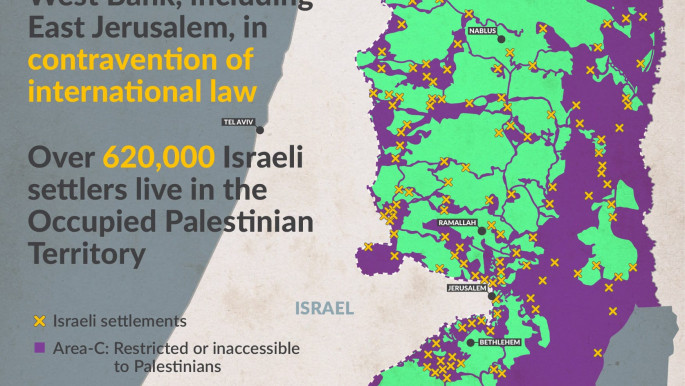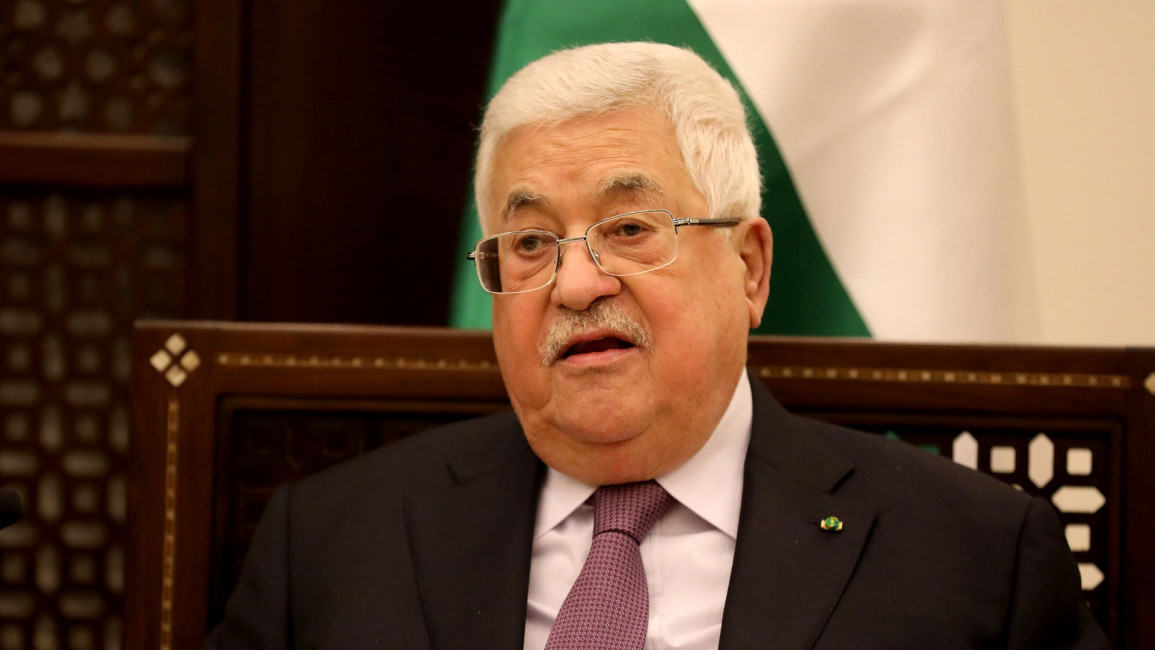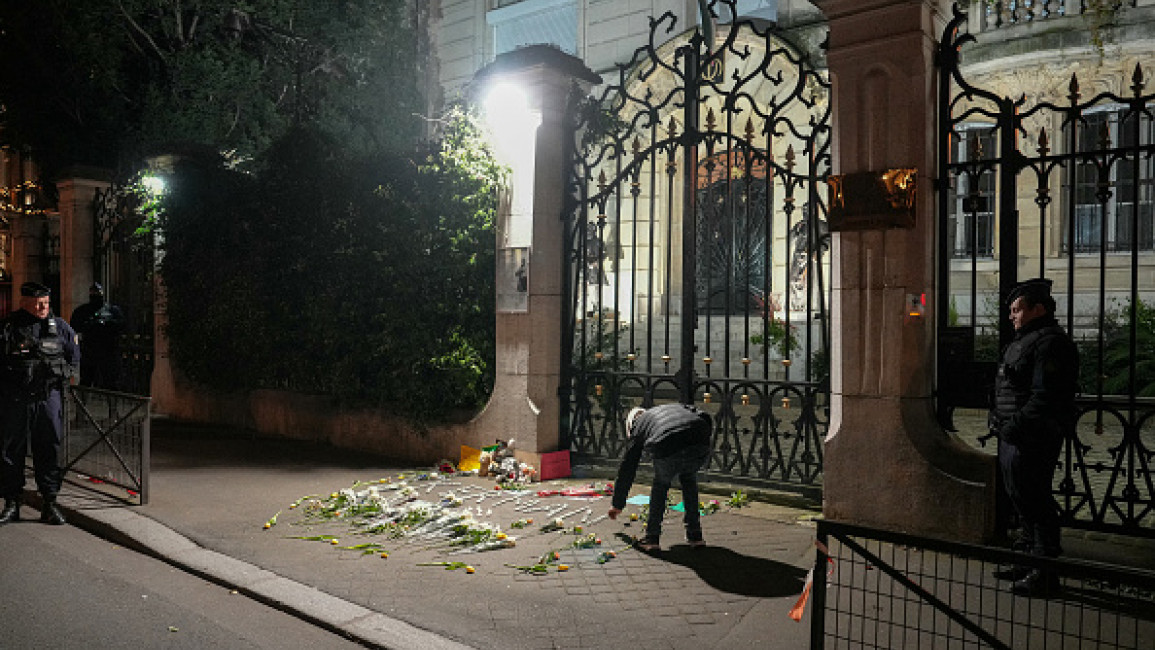Palestinian President Abbas refuses to accept call from Trump amid fury over 'peace' plan
A senior official said on Sunday that Palestinian President Mahmoud Abbas rejected a telephone call in the past few days from US President Donald Trump, following anger over his so-called "Deal of the Century" peace plan.
The Palestinian official, who chose to remain anonymous, told the Turkish news agency Anadolu, "There were attempts by Trump to speak on the phone to Abbas, but Abbas refused".
The Palestinian official said the calls were made in the recent days without specifying a particular date.
Al-Jazeera Arabic reported that Abbas had told officials from his Fatah movement that he had received threats for not answering the calls. Palestinian officials said that Abbas had been told he would "pay a price" for his boycott of the US president, the television network reported.
The Palestinian Authority has been boycotting the Trump administration since 2017, following the US recognition of Jerusalem as the capital of Israel.
Palestinian East Jerusalem was illegally occupied by Israel in 1967 and world powers have long agreed that the city’s fate should be settled through negotiations between Israel and the Palestinians.
Since 2017, the US has also cut off funding to UNRWA, the UN agency responsible for providing aid to Palestinian refugees and said that it no longer considers Israeli settlements in the West Bank illegal.
Trump has invited Israeli Prime Minister Benjamin Netanyahu and opposition leader Benny Gantz to the White House to discuss the US President's latest "peace plan" for the Middle East. He is due to meet with the Israeli leaders this week.
Comment: Gantz would entrench occupation of Palestine just like Netanyahu
No Palestinians have been invited to the meeting. On Sunday the Palestinian Authority threatened to withdraw from the Oslo Accords in response to the Trump administration's peace plan.
The Oslo Accords were signed in 1993 and were supposed to be an interim measure in preparation for a final Israeli-Palestinian peace settlement, which would fulfil Palestinian rights to self-determination.
Trump's plan - which he has called "The Deal of the Century" - is expected to recognise Israeli sovereignty over Jerusalem and the Israeli settlements in the West Bank, making it impossible for Palestinians to establish a viable, independent state.
Both Netanyahu and Gantz have also declared their intention to annex the Jordan Valley area, which makes up one third of the West Bank.
Twitter Post
|
The Trump plan also includes major economic investment in the Palestinian territories in what appears to be an attempt to bribe Palestinians into giving up their rights to statehood and land illegally appropriated by Israel.
"The US administration will not find a single Palestinian who supports this project," the Palestinian foreign ministry said in a statement on Sunday.
"Trump's plan is the plot of the century to liquidate the Palestinian cause."
Trump is expected to reveal the full details of the plan before he meets with the Israeli leaders.
On Sunday the Israeli newspaper Yedioth Ahranoth quoted Israeli sources as saying that Trump's plan would include a four-year "transition period" because of Abbas' rejection of it.
This was in the hope that a potential successor to the 84-year-old Palestinian president would accept it.
The sources said that the Palestinians would receive 70 percent of the West Bank under the plan and a capital in Shuafat, near Jerusalem.
A Palestinian state would be established but it would have limited sovereignty, with no army, no control over its airspace or borders, and no power to sign treaties with foreign countries, according to the Israeli sources.




